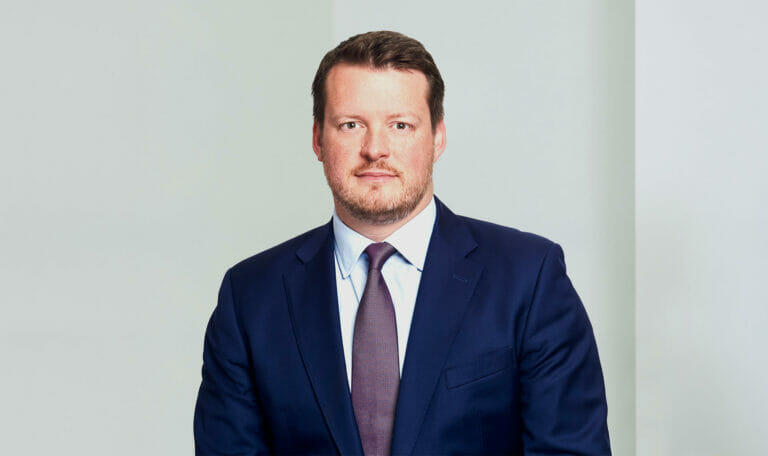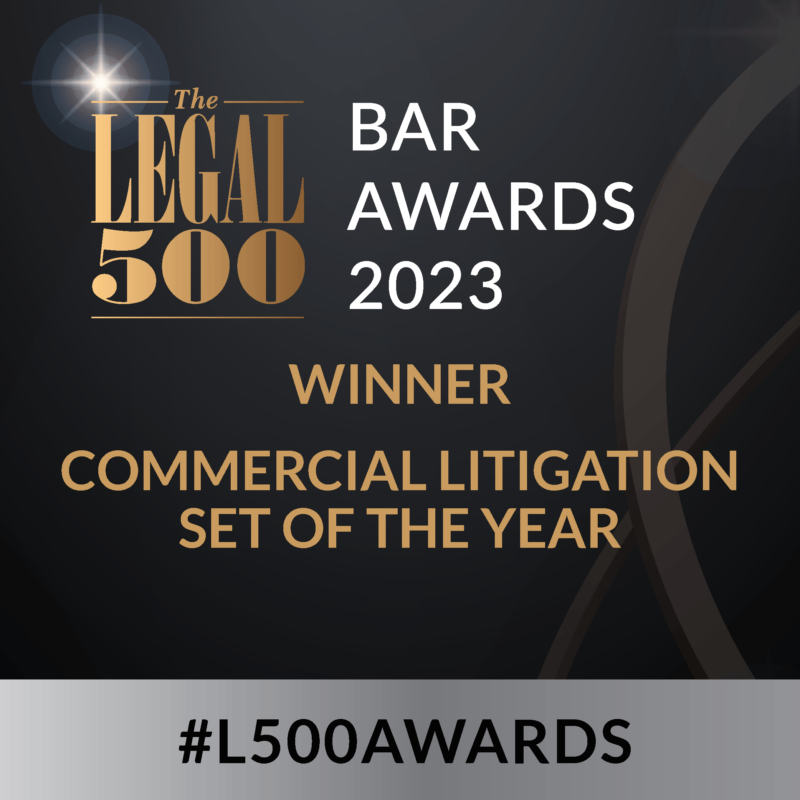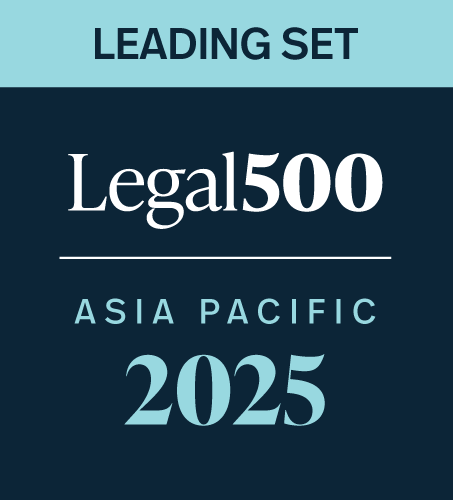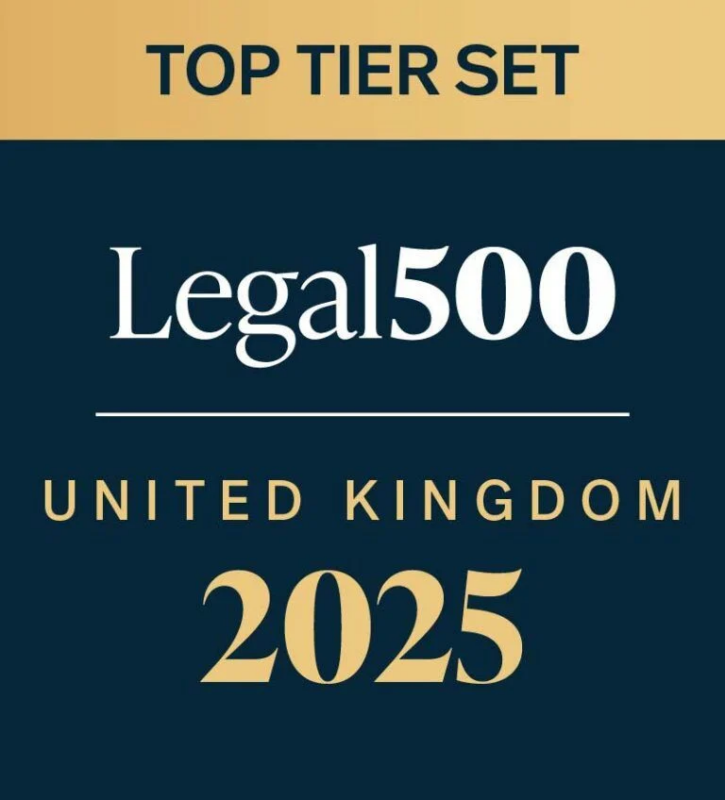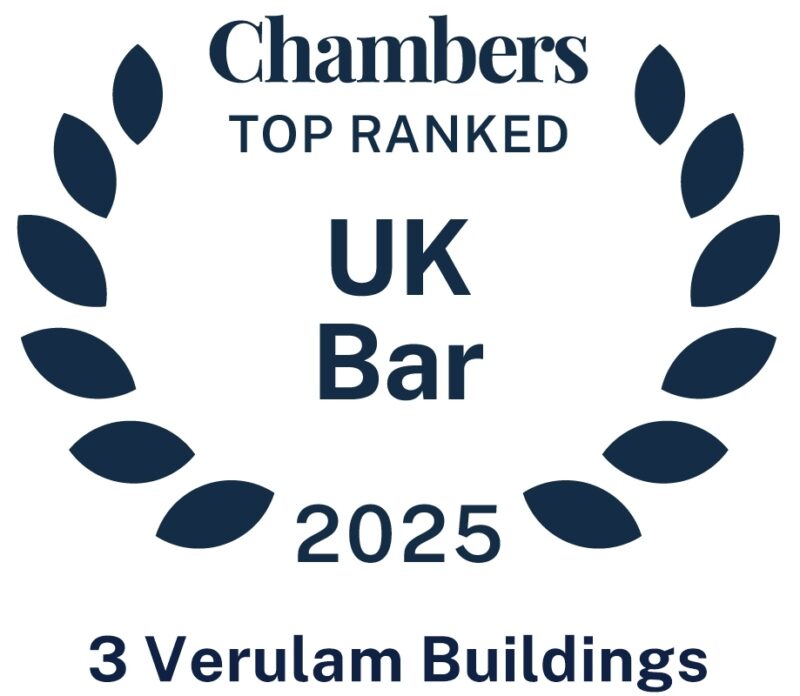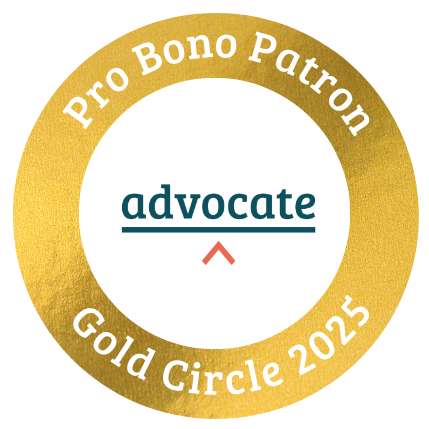Christopher Harris QC acts for Kazakhstan in rare successful S.68 Challenge to Investment Treaty Arbitration Award
On 23 November 2020, the Commercial Court (HHJ Pelling QC) set aside the award of damages made in an investment treaty arbitration in a rare successful challenge under s.68 of the Arbitration Act 1996 brought by the Republic of Kazakhstan, represented by Christopher Harris QC and Paul Choon Kiat Wee of 3VB and Joe Smouha QC of Essex Court Chambers, instructed by Belinda Paisley, Patrick Beale and Suzie Savage at Reed Smith LLP: Republic of Kazakhstan v. World Wide Minerals and Paul A Carroll QC [2020] EWHC 3068 (Comm).
The long-running dispute arose from the failure of a modest and short-lived investment from 1996 to 1997 in a Soviet-era uranium mining and processing facility. The underlying arbitration was purportedly instituted pursuant to the Canada-USSR bilateral investment treaty in 2013. The investors advanced numerous and far-ranging allegations of breach, and asserted a claim for damages in the sum of USD 1.653 billion, on the basis that the alleged breaches had resulted in the expropriation of their investment, and that this sum represented the value of that investment but for those breaches. In its Award, issued in October 2019, the Tribunal rejected almost the entirety of the investors’ case, finding that Kazakhstan had breached the treaty in only two narrow respects. It then proceeded to make an award of damages in respect of those breaches of just USD 13.7 million plus interest and costs (amounting to USD 54.5 million inclusive of interest to date), by reference to the quantum of the investors’ overall sunk costs.
In challenging the damages element of the Award under s.68, Kazakhstan explained that the investors had presented their damages case in the arbitration on an all-or-nothing basis that assumed total success across all of their allegations of breach, and had declined to advance any alternative damages claim in the event of only a subset of their allegations of breach succeeding. Kazakhstan thus argued that in finding that the compensation due as of a result of the breaches it had found would be compensated by an award of their sunk costs, the Tribunal awarded damages to the investors on the basis of a case that the investors had not advanced, and to which Kazakhstan had no opportunity to respond. The Commercial Court agreed, and further concurred that if Kazakhstan had had the opportunity to address the Tribunal on the damages (if any) that should be awarded in respect of the breaches it had found, the Tribunal might well have reached a different conclusion and so produced a significantly different outcome. The Commercial Court thus set aside the Award in relevant part, and remitted the determination of all issues of causation and loss referable to the breaches that were actually found (including in the light of the investors’ decision to advance an all-or-nothing damages case only, with no alternative case) back to the Tribunal.
The decision shows that although successful challenges to arbitration awards under s.68 of the Arbitration Act 1996 are notoriously rare (with the Commercial Court’s own statistics showing that the success rate for such challenges from 2015 to (partway through) 2017 was just 0.89%), the English Commercial Court nevertheless scrutinises such applications with care, and stands ready to intervene in exceptional or extreme cases, where a serious procedural irregularity has in fact caused a substantial injustice.
Christopher Harris QC and Paul Wee have considerable experience in court proceedings relating to investment treaty arbitration awards, having both acted in high-profile disputes such as Stati v. The Republic of Kazakhstan [2017] EWHC 1348 (Comm), [2017] 2 Lloyd’s Rep 201 (successfully resisting the enforcement of a USD 500m+ investment treaty arbitration award in England and Wales and securing a prima facie finding that the award was obtained by fraud, leading the investors to discontinue enforcement proceedings) and the USD 50bn Yukos v. Russia enforcement proceedings.

